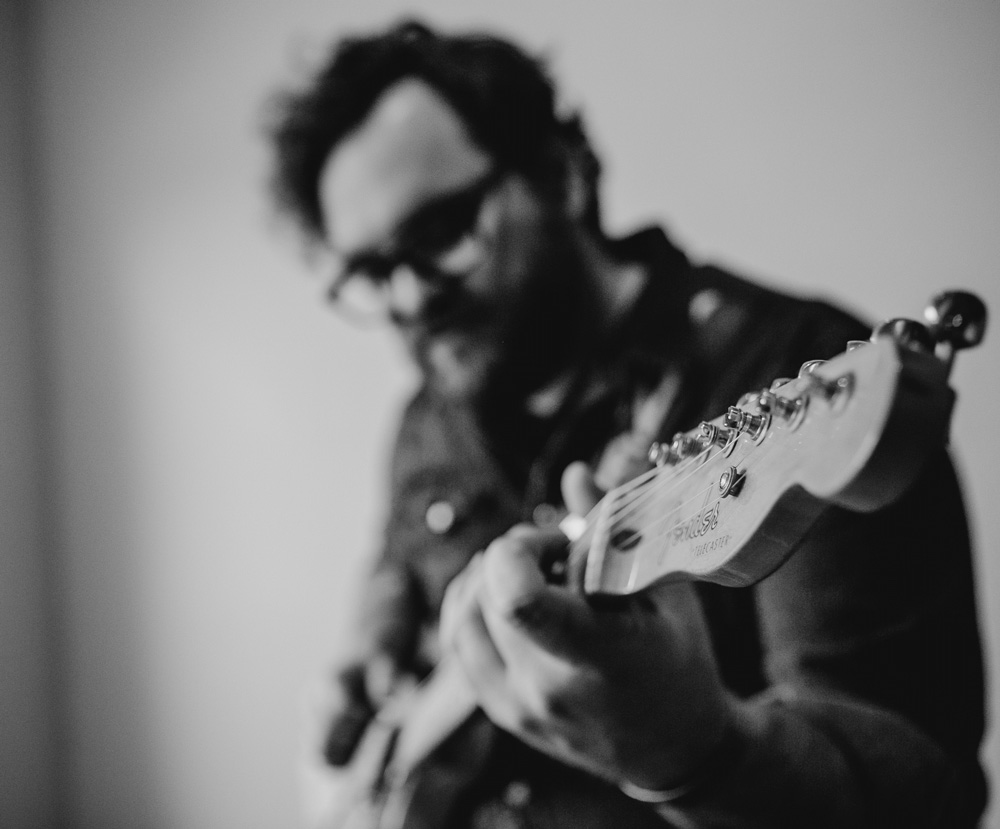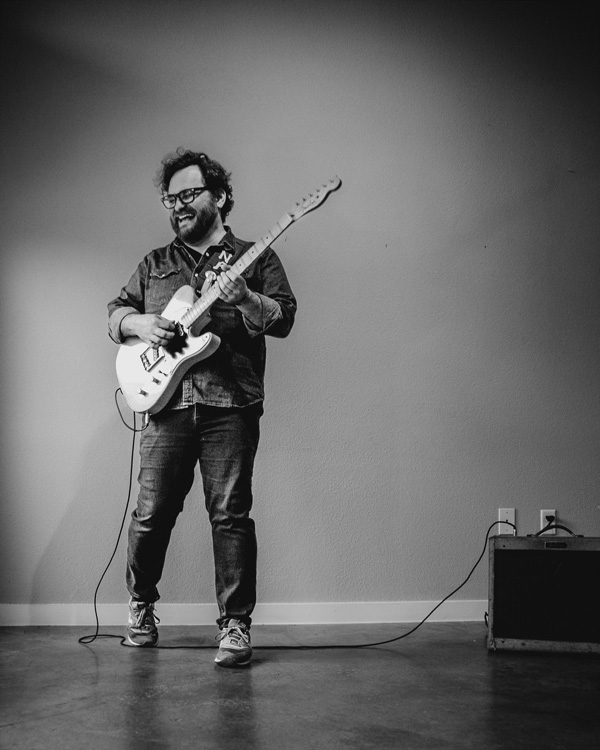“The words are weird about it,” Jacob Furr said about grief. “We say we ‘incorporate’ it or ‘integrate’ it into our lives. It’s this thing that you always carry with you, but it comes as a bit of surprise to one day not just be crushed by the whole thing.”
Last month marked a decade since the veteran singer-songwriter lost his wife to cancer. While the work of grief is never done — there’s no such thing as “closure,” another one of those weird words — you reach a point where you come to peace with it. It’s no longer this overbearing vacuum that draws in every facet of your life. Though he’s still often bewildered by the reality of his experience, highlighted by bizarre instances such as the fact that his car insurance card says “widower” next to his name (perhaps the weirdest word), Furr says he’s come to a place now in his life where he’s found some serenity.
“Having lived through this, there’s definitely a peace and a looking forward that I haven’t felt before,” he said.
Contributing to this new peace, in addition to time, has been his songwriting. The loss of his partner has naturally been a steady subject in his songs for the last 10 years. Friday sees the release of the latest and what he sees as potentially the last round of tunes that have been a sort of therapy for him in his mourning.
Recorded last winter with Britt Robisheaux at Cloudland Recording Studios in town, Turning is Furr’s first album in nearly eight years.
“This is a really important record to me,” Furr said. “It’s the end of this sort of 10-year album writing project that I’ve been working on ever since my wife passed away. I’ve just been on this journey in exploring that stuff and kind of discovered that these songs were kind of like the end of that project. In working on these songs, I’ve been completely surprised at how happy and joyful some of them have turned out to be.”
In a way, Turning might draw a parallel musical path that follows along Furr’s long journey with grief. Stark and simple arrangements highlight the intimacy of his vocals while his lyrics put you right in his heart, where the all the complicated emotions, pain, anger, gratitude, and hope reside. The album opens with a trio of beautiful ballads, the stirring “Balmorhea” and the confessional “Not That Bad” followed by the wistful “Instrumental.”
The record literally turns then. Beginning with the title track, Furr’s tender outpouring gives way to a lift in tone. There’s a parting in the grayness overhead. The tempo rises a bit, and an almost cheery progression rolls along as he sings, “Outside the sun and moon are turning / Inside my heart, there’s turning, too / I don’t know what set this all in motion / but I’m happy it led me to you.”
Suddenly we’re at this same juncture with Furr, feeling the shift from grief to promise. “Take Care” offers additional wisdom in bearing life’s slings and arrows while album closer “One Hour” is an important lesson in the appreciation of and holding onto fleeting things.
“One thing that I’ve learned and practiced through this is to try and hold everything in two hands,” he explained about the album’s balance. “There’s this immense sadness to this. It’s completely unexpected and cannot be solved. It feels like it’s the worst it’s ever been and you’re never going to get out of it. While at the same time, there’s still this survival that’s happening, or this hope, or this striving for something better that will come along and holding onto the joy that I knew before.”

Photo by Carley Du Menil
He admits it often isn’t easy. “I’ve not always been good at it or that any of us are good at it. It takes a lot of strength to try to hold that balance. I could be really wrong, but it’s like you get practice at it. You reach a point where you can feel the pain and feel the joy and you can do them at the same time.”
The songs on Turning have a significant meaning for him, but he’s adamant that what they mean to the listener should be their own experience.
“What I’ve found is if I don’t say a whole lot about [my inspiration], it opens people up to their own interpretation of the songs,” he said. “People who have had similar grief experiences or just really difficult challenges in life seem to connect with them, and they’re able to find that connection without me having to be too [direct] about it.”
It is part of what makes him a devoted practitioner of the craft, what he calls “the soul work” of songwriting.
“That’s what I love about music,” he said, “it’s so open-ended. And it’s never finished. It’s not like the painting on your wall. That can change with the light or your mood or whatever. But music is such a fluid thing that you can’t really nail it down. Even songs you’ve been playing for 10 years and you think there’s not any room in them anymore, there’s still life that comes out of them. It’s a beautiful artform.”
Furr will celebrate the release of Turning with a sold-out show at The Post at River East on Friday.













Best song writer in DFW.